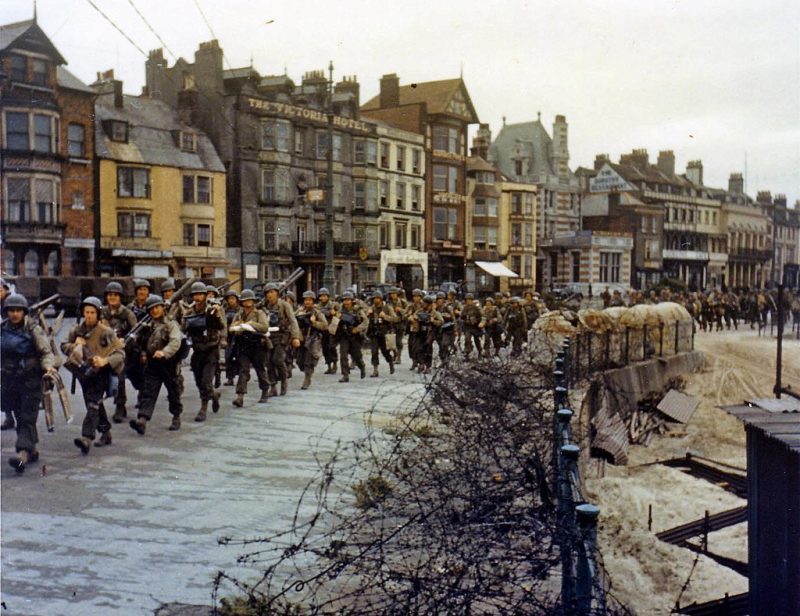Why must the English be so terribly…English? Why can’t the English just be normal? These were the questions on the minds of many American GIs heading to the United Kingdom during World War 2. To answer these perplexing questions, and others, for American servicemen before they arrived, Thomas Burke wrote a pamphlet entitled The English and Their Country: For Overseas Forces.
It is chock full of broad generalizations about the English personality and habits that are rather amusing in modern context. However, the guide served an important purpose in its time.
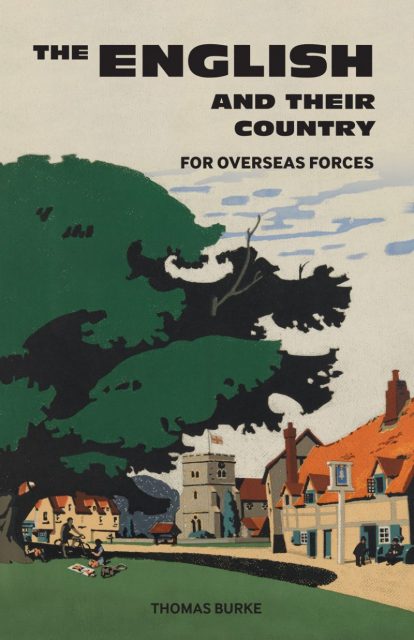
Creation and Purpose
Mr. Burke, an Englishman himself, wrote the guide for The British Council, an organization dedicated to educating the world about English culture and their way of life. One might think that there are not that many cultural differences between the United Kingdom and the United States since they have a shared language and history, but the guide explains that this is not the case.
Many soldiers from both countries had never met anyone from the other, and stereotypes proliferated freely. While some of those stereotypes had some basis in fact, the guide points out that many of these ideas could not always be relied upon to make accurate judgements:
“The English have been called mad, hypocritical, impossible, ridiculous, cunning, simple and many other terms that, taken together, cancel each other out.” So what were Americans taught to believe?
Content
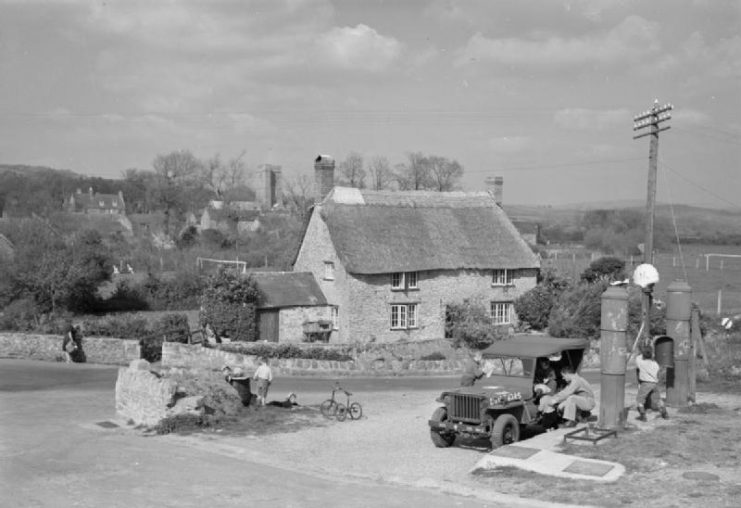
The guide explained that the first thing that would stand out to many Americans is that the English have a reserved, even cold disposition. However, the guide was quick to reassure Americans that this was nothing personal, and that in fact “But that reserve is surface only.
It is a covering assumed by the Englishman to conceal the fact he is fundamentally shy”. Essentially the English are an emotional people, they are just taught not to show it.
Fortunately, the English do show emotion once in a while, regarding a few different topics. In particular, Englishmen are quite enthusiastic about “cricket, football, racing, stamp-collecting, gardening, golf, his dog, his car”.
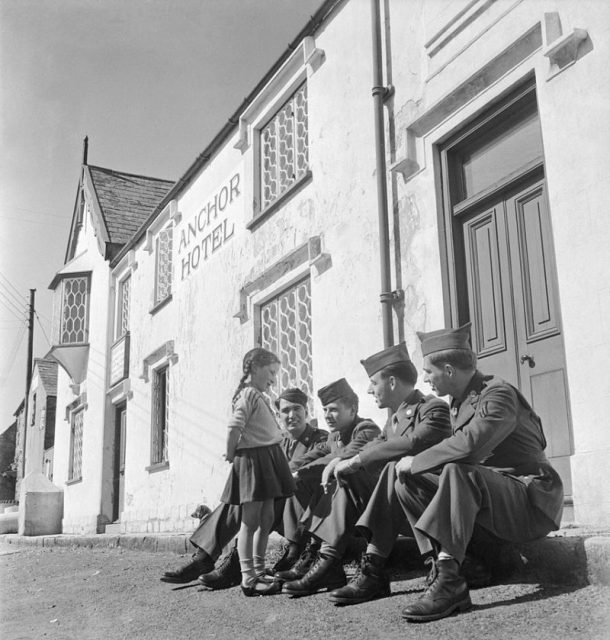
The guide explains that Englishmen realize their culture has some illogical customs, and they do not try to justify them. Instead, the English take pleasure in complaining about the problems while not doing anything to change them.
The guide stresses that none of these customs or outward lack of emotion are due to a being unpatriotic. In fact the English are willing to make heroic sacrifices to save their homeland and liberate Europe, they just hide their emotions. The guide describes the English as a heroic people with deep loyalty to their country.
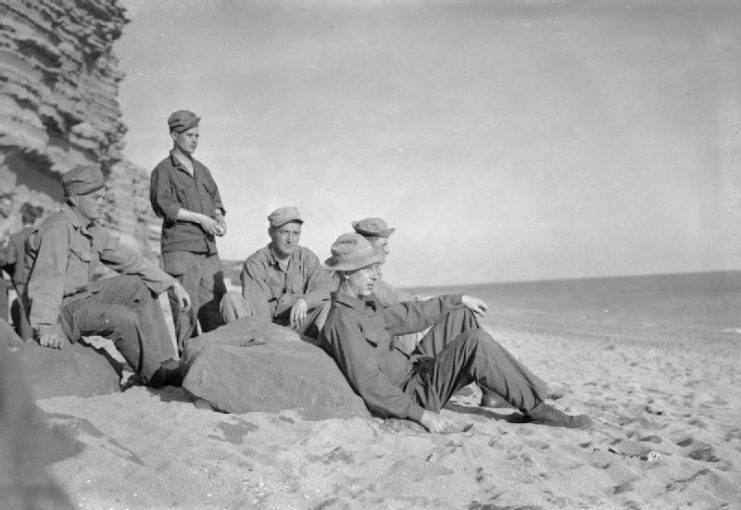
In addition, Americans were told that, although Britain is not very large compared to the US, there are still significant regional differences. For example, those from the North are “blunt of speech and manner”, while those in the South “cultivate the graces of life”.
The Northerners find the Southerners pompous, while the South finds the North uncouth. Unsurprisingly, Thomas Burke himself was from the South. Burke explains that the varied geography, climate, history, and dominant industries of different regions lead to these differences.
Americans are warned that English accents are so diverse, even Englishmen can not understand each other at times. These dialects are so unique that “the peasant from Cornwall can hardly understand the peasant of eastern England”, that those from the North and South of the country have the same problem, and that “the Londoner on holiday has difficulty in understanding any of them”.
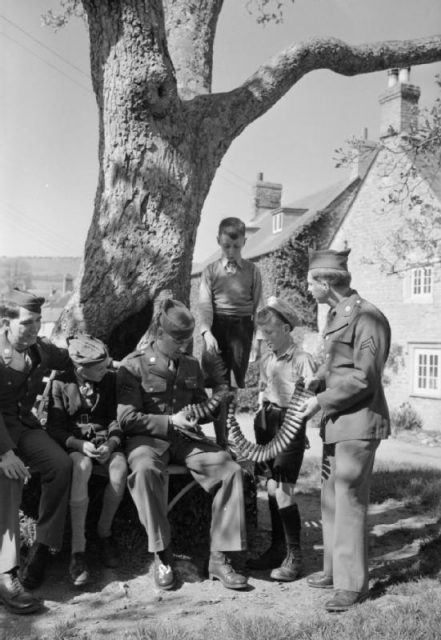
Finally, many Americans noticed that Englishmen talked about weather all the time. In the United States talking about the weather is generally considered a way to make small talk during an uninteresting conversation.
However, this is not the intent in the United Kingdom. As the guide explains, “Sometimes in one small corner the weather changes three or four times a day – that is why English people talk so much about the weather”. It goes on to explain that this has a psychological tole on the people, as well as the physical toll on the land.
Legacy and Republishing
Despite some misunderstandings and isolated incidents, Americans and Brits generally got along well in the UK during World War 2. The English and Their Country: For Overseas Forces was written with an American audience in mind, and that shows at times. The guide’s generalizations, lack of nuance, and willingness to border of self-deprecating all point to its intent.
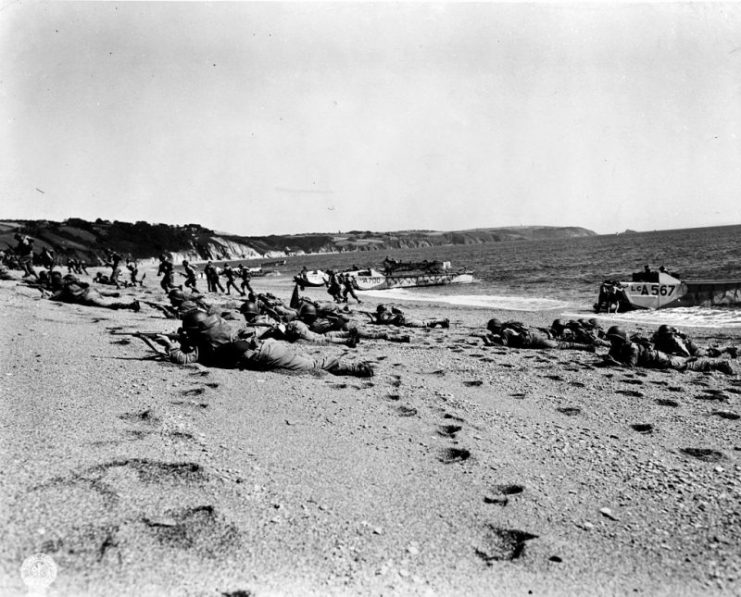
It is a reminder of a time when different cultures could not interact and learn about each other as easily as we can today on the internet. In that context the guide was somewhat useful.
Read another story from us: Coffee & War The Origins of the Americano
The guide clearly, ironically, relies on some stereotypes, especially in regards to differences between regions. Many of these ideas may have their roots in assumptions about people from different economic classes as well as regions. Regardless of the generalizations, English websites and Englishmen online have found the guide more amusing than insulting.
The guide was republished in 2016 by the Imperial War Museums.
